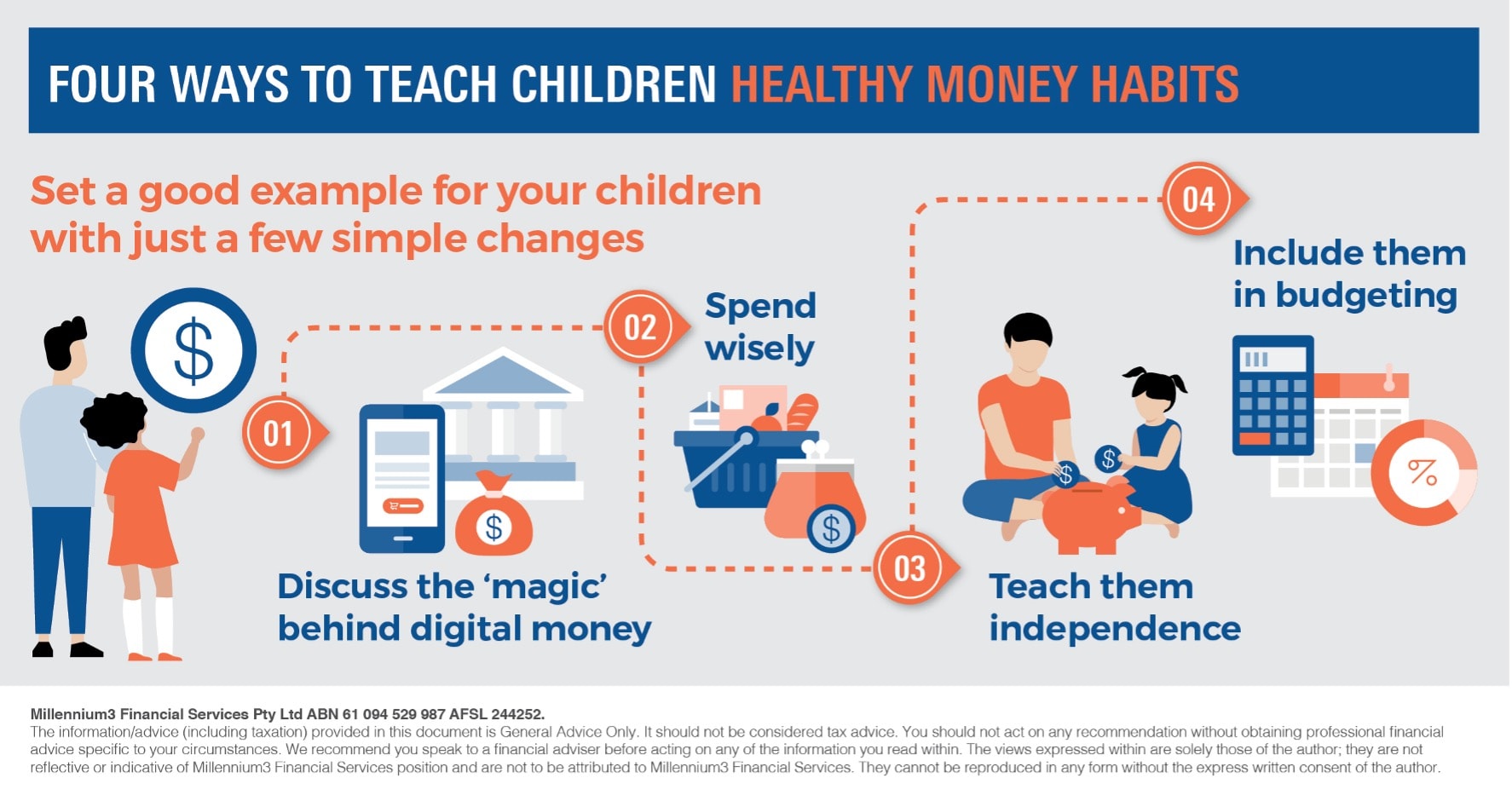REMINDER: Claim Family Tax Benefit and Child Care Subsidy by 30 June
Confirm your income now for the 2020/21 year to receive the Family Tax Benefit (FBT) or Child Care Subsidy (CCS).
You need to confirm your income by lodging your tax return for the 2020/21 year, or advising that you do not need to lodge a tax return, no later than 30 June 2022, if you wish to:
- Submit a claim for the 2020/21 year for Family Tax Benefit (FTB) (lump sum)
- Submit a claim for the 2020/21 year for Single Income Family Supplement (SIFS)
- Ensure you continue to receive your Child Care Subsidy (CCS)
If you DON’T do this:
- You will not receive your FTB supplements and top ups for the 2020/21 year
- Your CCS will reduce to zero – Services Australia will balance CCS once they receive:
- all attendance information from your child care service
- confirmation of your family’s income
- You may also be required to repay all the FTB and CCS you got for the 2020/21 financial year.
If you are eligible the Child Care Subsidy (CCS) is paid directly to your child care provider to reduce the fees you pay. CCS claims can only be backdated by 28 days. CCS replaced Child Care Benefit and Child Care Rebate when they stopped on 1 July 2018.
Act now!
To ensure both you and your partner’s Tax Returns are lodged on time, please contact your Allan Hall Business Advisor or simply click below.
We are anticipating a high demand off the back of this article. To enable us to lodge your returns by the 30 June deadline, we would encourage you to send in your information as soon as possible and no later than 31 May 2022.



